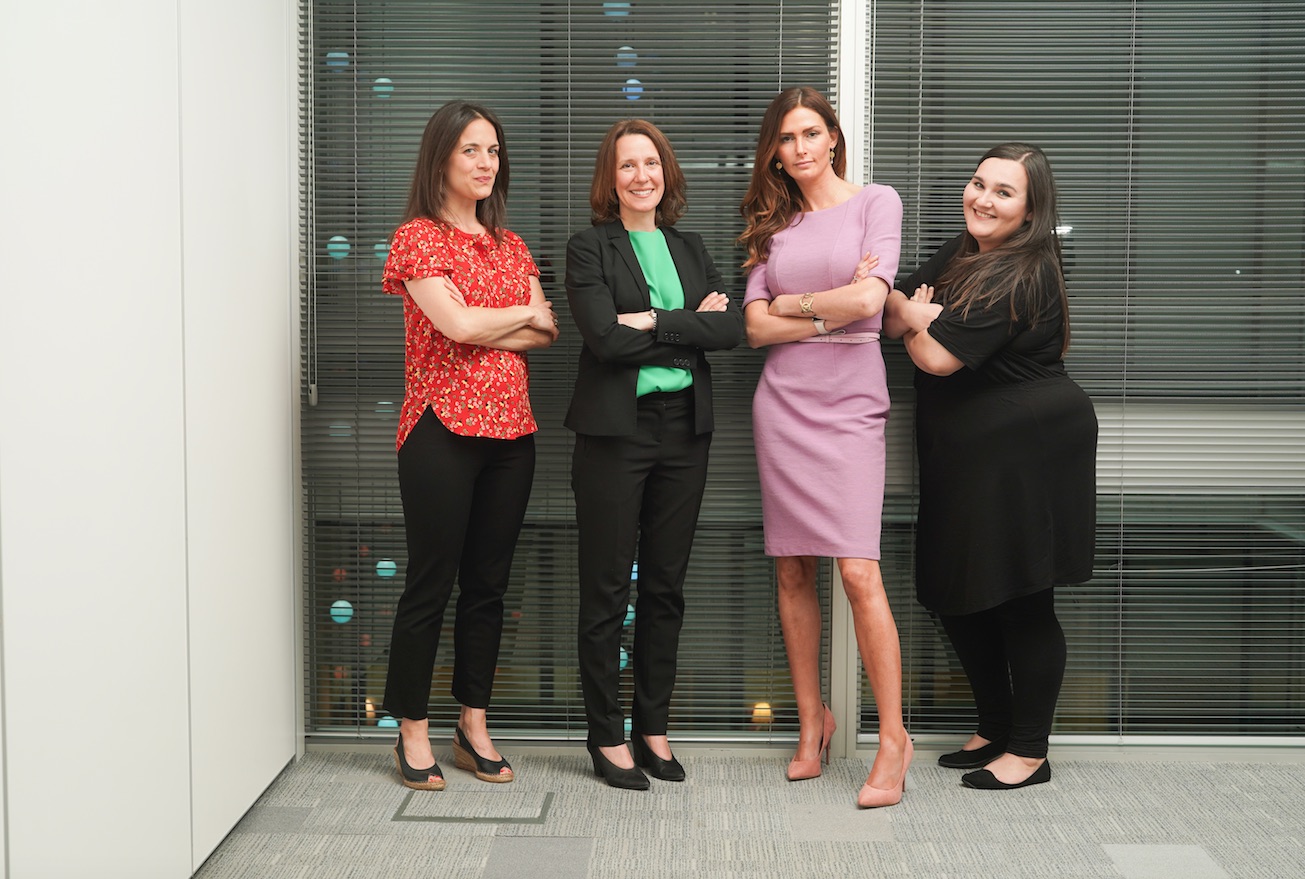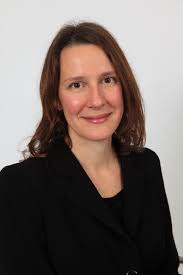Juwon was 16 when he was arrested after being found asleep in a flat that had been broken into. He was charged with burglary. When questioned, he was polite, and agreed with the police statements. On this basis, his lawyer advised him to plead guilty.
The court heard he was in school, although his attendance had been erratic in recent weeks, and he hoped to become a plumber. He was apologetic and remorseful. Because of his young age and the fact he pleaded guilty, he was automatically eligible for what’s called a referral order, which is a community sentence which can be imposed on under 18s, where they have to report regularly to the youth offending team. Juwon’s court hearing lasted a few minutes – but it is likely to have an impact on the rest of his life.
In the weeks that followed, the youth offending team discovered Juwon was homeless. He had lived with his uncle and aunt, but shortly before the burglary allegation his uncle had died unexpectedly. Juwon was very close to his uncle and badly affected by his death. On the night of his arrest, Juwon had been drinking heavily and has no memory of how he came to be in the flat. His aunt was understandably upset at Juwon’s behaviour. She cut all ties and threw him out, leaving his belongings in black bags outside what had been his home, and refusing to come to the police station or court.
Juwon’s story is all too typical.
It shows what can go wrong when children are represented by lawyers who haven’t undergone training in youth justice work, and therefore may not have the skills or insight they need. Juwon did not volunteer any of the information about his desperately sad circumstances; he didn’t think it was relevant. However, if the police and prosecution had been aware, it’s unlikely he would have been prosecuted and ended up with a criminal record. Unfortunately, with a conviction for burglary, it’s unlikely Juwon will now be able to have a career as a plumber.
Criminal legal aid lawyers are talented and skilled advocates but too often they have never received any training in how to work with children, let alone how to engage with and gain the trust of teenagers. This sets them apart from all other professionals working with children – doctors, teachers, social workers – who all have to have specialist training. Sadly, as Juwon’s story shows, the lack of specialist youth justice lawyers leads to the lives of children being blighted unnecessarily.
The Youth Justice Legal Centre, set up by the children’s charity Just for Kids Law, is aiming to change this. We want to ensure that, just as a child in hospital would be treated by a paediatric clinician, children in the criminal justice system are represented by youth justice specialists.
Engaging with teenagers isn’t easy, and the children who come into contact with the youth justice system are far more likely to have communication difficulties, mental illness, have undergone trauma, or have complex needs. One-third of children in custody have been diagnosed with a special educational need, and around 30 per cent of children in custody with ‘persistent offending histories’ have IQs of under 70, signifying a learning disability.
Child offenders have much higher rates of learning disability, post-traumatic stress disorder, attention deficit hyperactivity disorder (ADHD), and other psychiatric disorders than adult offenders.Two-thirds of children entering custody are not in education, and half of 15-17 year olds in custody have the literacy or numeracy levels expected of a 7-11 year old. Perhaps the most shocking, is that almost half of the children in our secure estate are from a black, Asian, or minority ethnic background (despite BAME people making up about 14 % of the general population).
Despite all of this evidence, which is well known, children in the youth court are often represented by the most inexperienced, least knowledgeable barristers and solicitors. The fees the government pays for youth court work are lower than for other criminal cases, and it is considered a training ground, where lawyers cut their teeth before graduating to the Crown Court and jury trials.
Juwon’s story shows how things can go wrong for children, and I want to finish with an example of what difference a specialist lawyer can make to a child’s life.
Sarah was 15 years old and, like Juwon, she wasn’t in full-time school. She’d been reported missing several times. While sofa surfing, she was befriended by an older man. She thought he was her boyfriend, until he stubbed his cigarette out on her arm when she disobeyed him.
Sarah was arrested in Margate in a house of a known drug user with over £6,000 worth of class-A drugs. Thankfully, she was represented by Just for Kids Law who spent time getting to know her and she gradually opened up enough to explain her situation. With her lawyer’s intervention, rather than being treated as a criminal, she was recognised as a victim of modern slavery or child exploitation. The prosecution dropped the case and she was referred to get appropriate support, rather than punishment. However, the expert intervention by her solicitor, Sarah could have been serving a long custodial sentence, which would have benefited no one.
The reality is that many of the children who come before the criminal courts shouldn’t be there at all. There is a presumption in law that cases involving children should be diverted away from the formal criminal justice system, unless there is a good reason. not to. So if all lawyers representing children were specially trained, fewer children would end up in court and fewer going to prison.
Today (Friday 17 May), the Youth Justice Legal Centre are hosting a Youth Justice Summit at King’s College London, bringing together a community of like-minded lawyers, who want to work together to make things better for children. It is our third such event, and this year’s sold out within a few hours of tickets going on sale, which suggests there is now a real determination within the profession to ensure there are many more stories like Sarah’s and far fewer like Juwon’s.
Names have been changed







